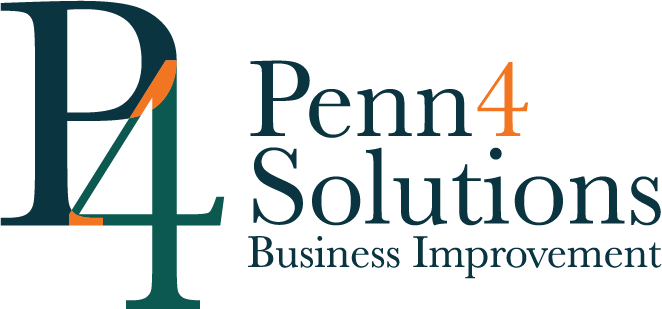[Note: Click on blog entry titles for related images]
A former colleague of mine, “Jane,” shocked me with her effectiveness. We were a small team deploying a global corporate business improvement program. As the program gained momentum, we each took on ever-increasing loads of program and project work. Whenever I asked Jane to lead a new initiative, she would say “No problem!”, initiate the project, and smoothly incorporate the new activity into her workflow.
Jane worked normal hours, occasionally starting early but never staying late. As I struggled to manage my own workload, I began paying attention to how she managed herself and her work.
Jane blocked time after each meeting to immediately summarize and clarify actions to be taken. This reduced the “switching cost” of mentally returning to that meeting and the related project later.
Jane never overreacted to surprises or changes that arose, but calmly took note of emerging items while following through on her priorities for the week.
The result was that Jane managed a complex set of initiatives with apparent ease.
I’ve observed a range of behaviors among those who consistently get results as well as those who seem to struggle. Effectiveness has little to do with how “hard” one appears to work. It has everything to do with direction and intention, put into action through the habits one maintains. And these habits depend on one’s underlying mindset.
Next week: watch for fwd1 Exercise 0: Your Sources of Meaning

